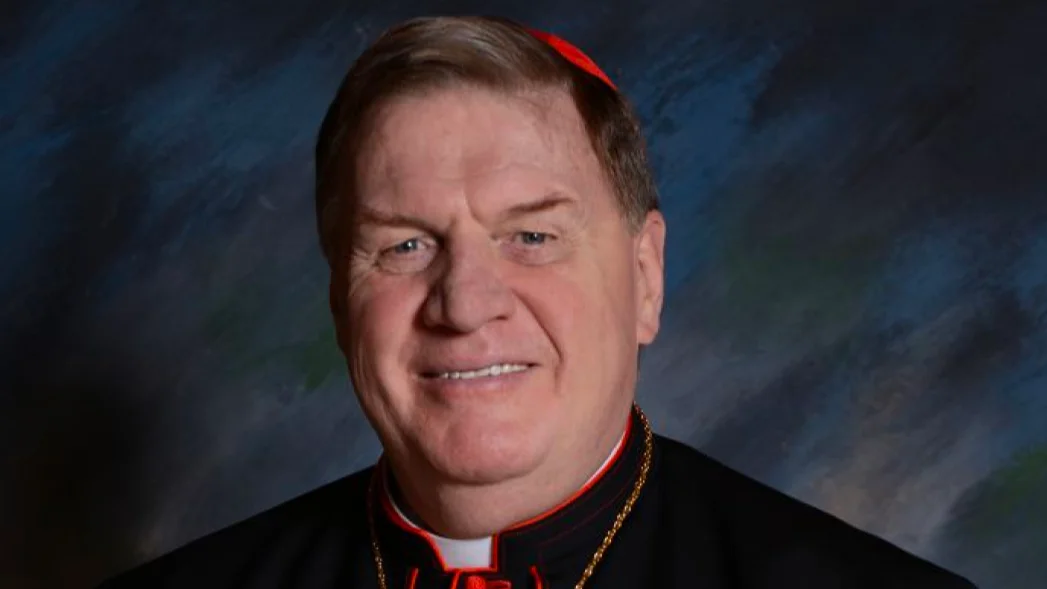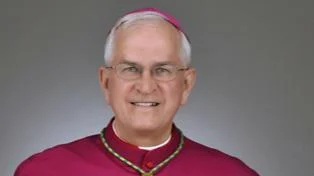
Rebecca Oas
, Ph.D. Director of Research | The Center for Family and Human Rights
The Trump administration has initiated significant actions against gender ideology and DEI (diversity, equity, and inclusion) at the United Nations. These moves have surprised European countries that support issues related to homosexuality and transgender rights.
U.S. diplomats have called on UN agencies to abandon policies they described as "radical," "immoral," and "demeaning, unfair and dangerous to women and girls." They warned that the U.S. is reassessing its relationships with international organizations based on alignment with American interests.
As a result of these interventions, a UN agency focused on women's issues removed an entire section dedicated to DEI from its internal organizational culture guidelines. There are also reports of UN agencies removing references to DEI from their websites.
For decades, UN agencies have been promoting gender ideology and affirmative action, including sex-based quotas. The term "gender" was first introduced in UN policy during the 1990s. Over the last ten years, this agenda has expanded to include transgender and homosexual issues through intersectionality—a concept advocating preferential policies based on gender and race.
Critics argue that such policies threaten women's rights by challenging biological definitions of sex. The Trump administration has voiced these concerns within the UN framework.
During a meeting with UN Women, U.S. diplomats emphasized using "clear and accurate language" that recognizes biological differences between sexes, urging a rollback of terms like "gender" in favor of "sex."
UN Women promotes gender ideology by lobbying governments worldwide to incorporate such ideas into laws and policies rather than delivering traditional aid like food or medicine.
Last week, U.S. diplomats opposed UNICEF's country plans due to mandates promoting gender ideology and DEI. They stated that such documents conflict with U.S. policies by advancing what they view as harmful ideologies contrary to biological realities.
“It is US policy to recognize two sexes, male and female,” they asserted while expressing concern over UNICEF's use of language supporting gender diversity in programming documents aimed at children.
Delegates from EU nations, Canada, Mexico, the UK, and other Western countries expressed shock at these developments but urged UN agencies not to comply with U.S requests while continuing efforts towards overcoming opposition against gender ideology.






 Alerts Sign-up
Alerts Sign-up